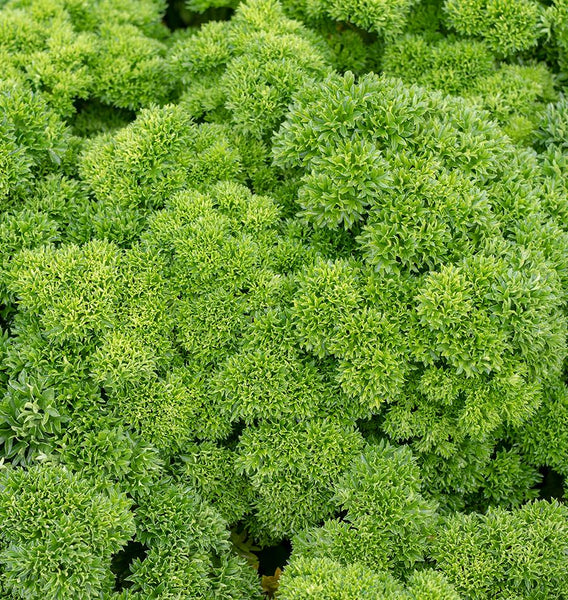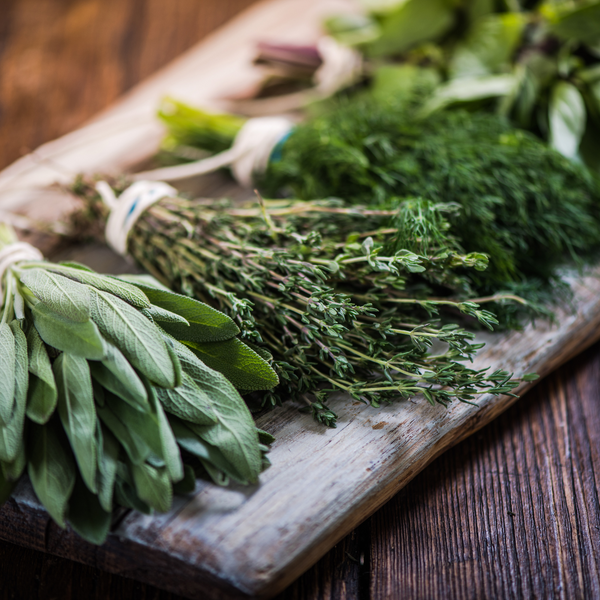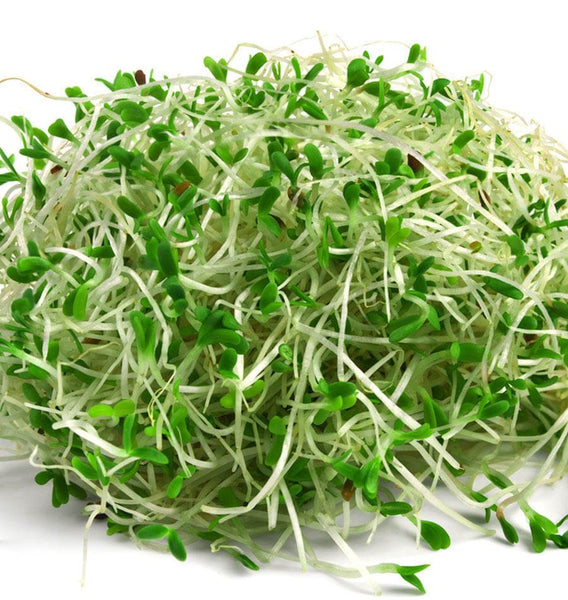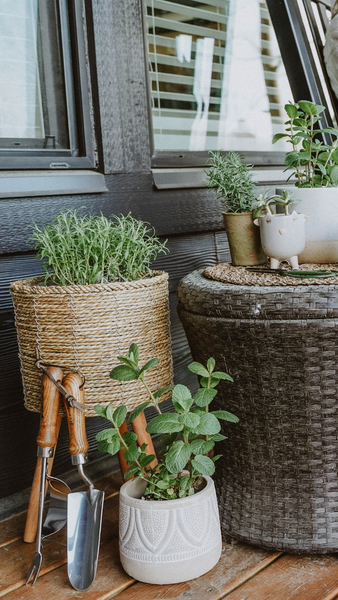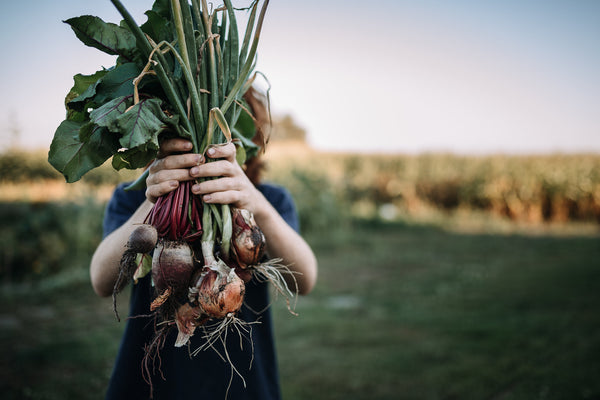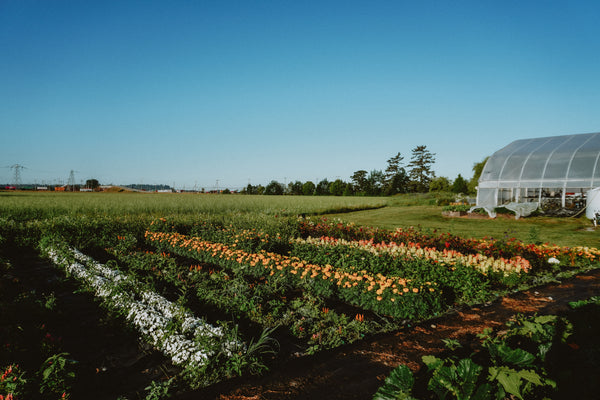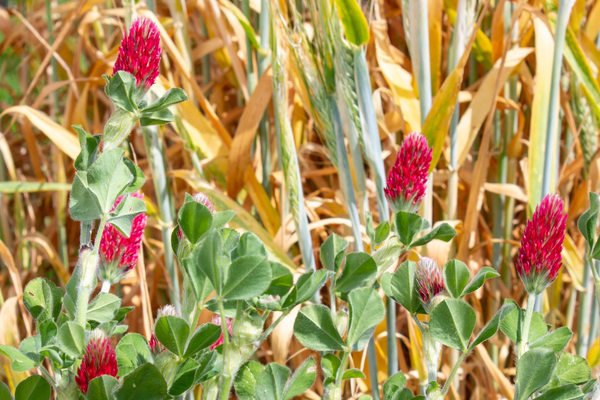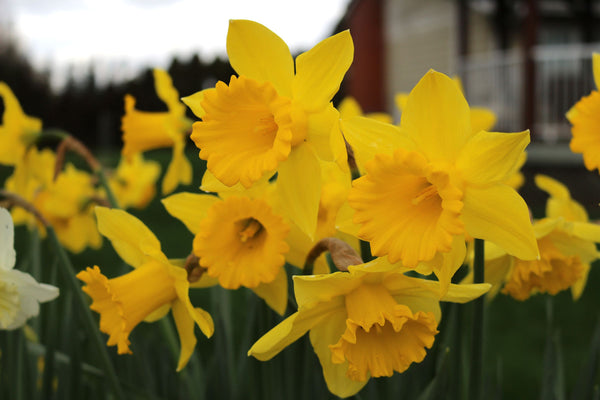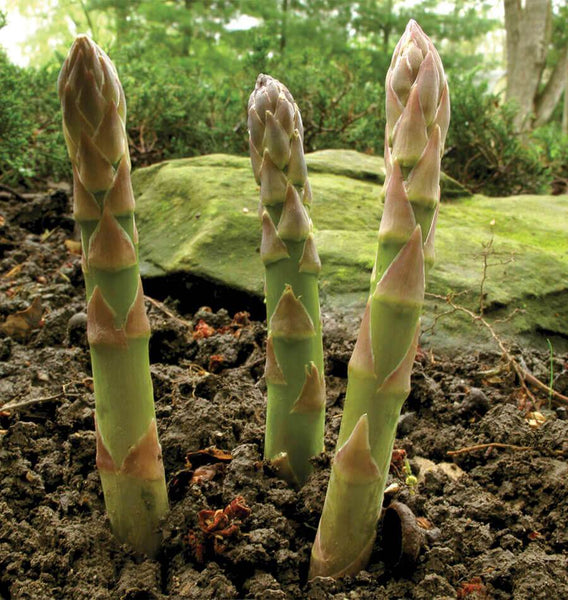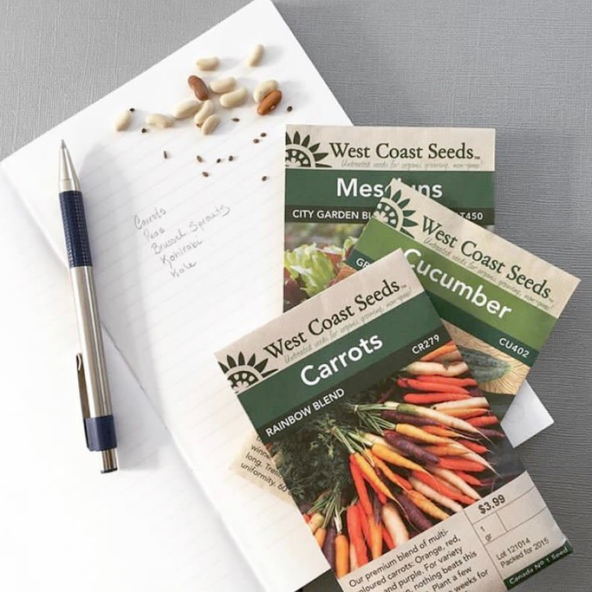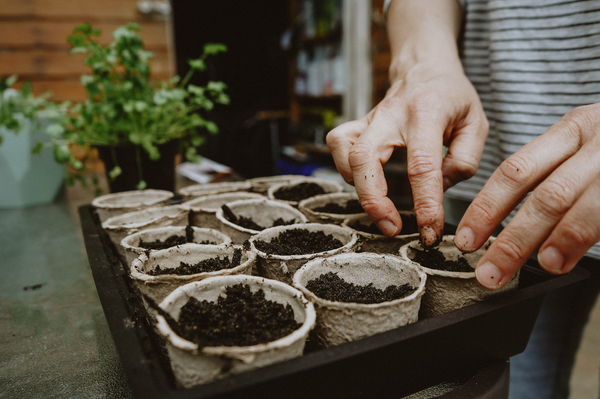It may seem counter-intuitive for a gardener to actually plant what must be the world’s commonest weed. But dandelions have lots of culinary potential, they feed pollinators, and they cultivate the soil with their long taproots.
Latin
Tarataxacum officinale
Family: Asteraceae
Difficulty
Easy
We Recommend: The one and only: Common Dandelion.
Timing
Direct sow from early March to early September. Optimal soil temperature for germination: 10-25°C (50-75°F). Seeds take 14-21 days to germinate. The flowering process begins 56 to 105 from sowing, and continues for the life of the plant.
Starting
Sow short rows every two weeks for a constant supply. Be careful not to plant more than you can use, as the flowers need to be controlled. Press seeds lightly into the soil’s surface and keep the seeded area moist until germination. Do not bury the seeds, as light helps to break dormancy. Thin seedlings to 15cm (6″) apart for full sized crowns. If you intend to harvest as baby greens, they can be planted 5cm (3″) apart.
Growing
Dandelions are perennial, so in theory, they can produce over a very long time. Preventing the flowers from going to seed is essential for obvious reasons — uncontrolled growth can result in them spreading as noxious weeds. For the best leaves, grow in rich, fertile soil with good drainage. A well cultivated dandelion plant is actually quite luxurious and attractive.
Harvest
The youngest leaves have the mildest flavour and tender texture. Mature leaves need to be blanched or stir-fried. Bitterness in the leaves can be reduced by growing them in partial shade, or by placing a plastic or cardboard disc over the rosettes for a week prior to harvest. This is how some growers harvest endive, a close relative of the dandelion. For beer and wine making, harvest the flowers as soon as they open. Pull up whole plants at the end of the season and dry their roots for use as tea or dye.
Diseases & Pests
Dandelions are rarely the victim of pests or diseases, but they are loved by rabbits.
